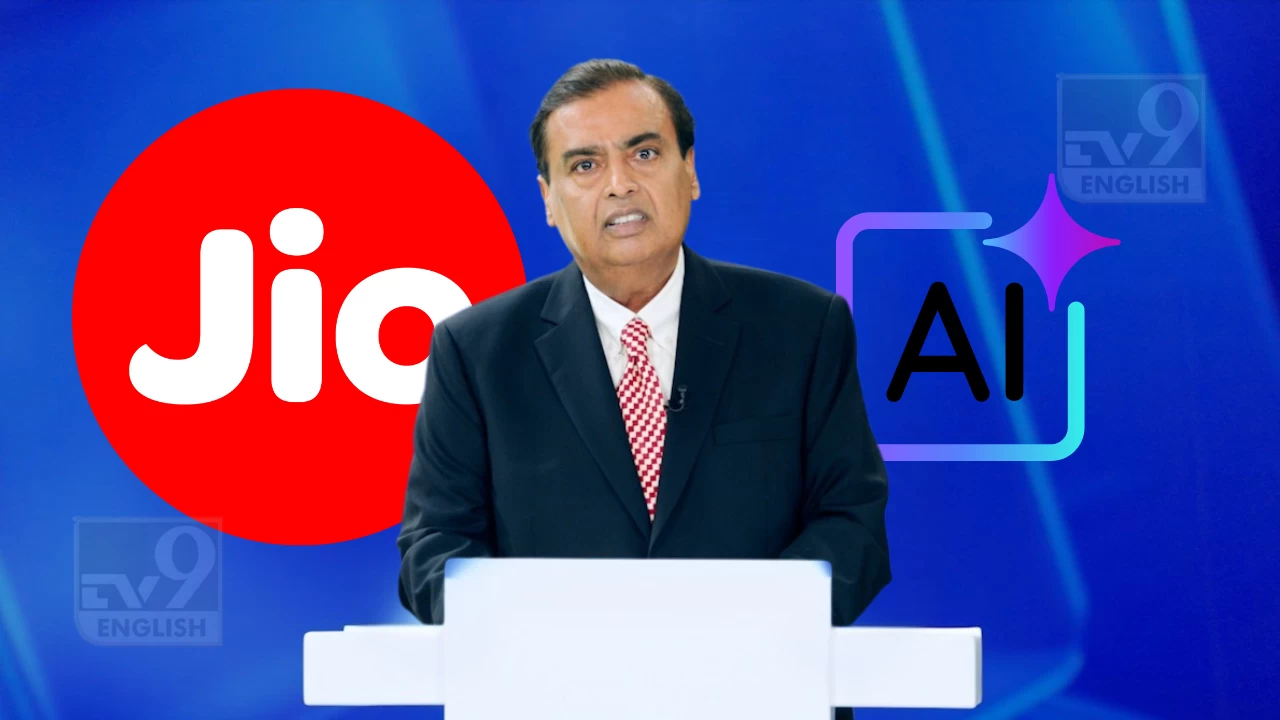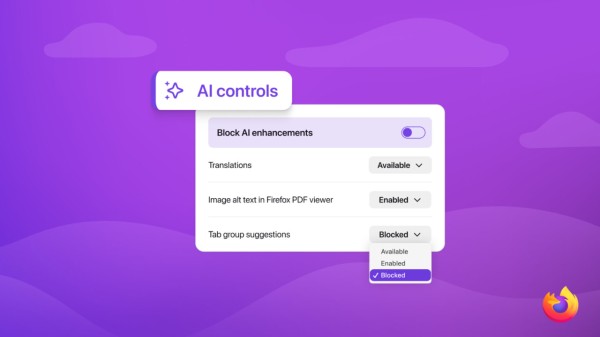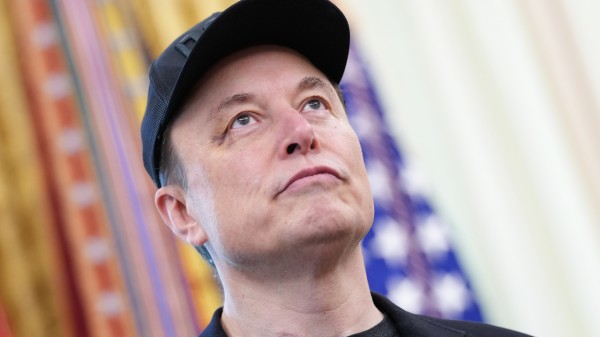

By signing in or creating an account, you agree with Associated Broadcasting Company's Terms & Conditions and Privacy Policy.


By signing in or creating an account, you agree with Associated Broadcasting Company's Terms & Conditions and Privacy Policy.

New Delhi: Reliance Industries held its 48th Annual General Meeting (AGM) today, bringing updates that could shape the future of India’s largest private company across digital, retail and energy sectors. With nearly 44 lakh shareholders tuning in, the spotlight was firmly on Jio and its next chapter.
Chairman Mukesh Ambani revealed that Jio has crossed 500 million users as it completes a decade of operations next week. He credited ordinary Indians for making Jio a household name and said the company had helped end what he called “digital poverty” by lowering data prices and improving access.
One of the most important announcements came when Ambani confirmed that Jio is preparing to file for an Initial Public Offering (IPO). The company aims to list in the first half of 2026, subject to approvals. He assured investors that Jio has the potential to create as much value as its global tech counterparts.
For FY25, Jio reported revenue of ₹1,28,218 crore ($15 billion or about ₹13 lakh crore) with 17% year-on-year growth, and EBITDA of ₹64,170 crore ($7.5 billion or about ₹6.5 lakh crore). The company continues to be Reliance’s biggest growth driver.
Ambani outlined five focus areas for Jio:
He stressed that Jio’s fast 5G rollout has already positioned India as a leader in digital adoption.
The AGM featured demos of upcoming Jio services:
These services, according to the company, are aimed at making advanced technology affordable and accessible for both households and businesses.
Jio executives, including Akash Ambani, highlighted how the company has grown into a deep-tech player. They pointed to Jio’s own 5G core, its fixed wireless broadband service JioAirFiber, and new AI integrations. Akash Ambani described Jio as not just digitising businesses but democratising enterprise-grade technology for small and medium firms.
Reliance said it plans to take its technologies to global markets, positioning India as the world’s first AI-native digital economy.












